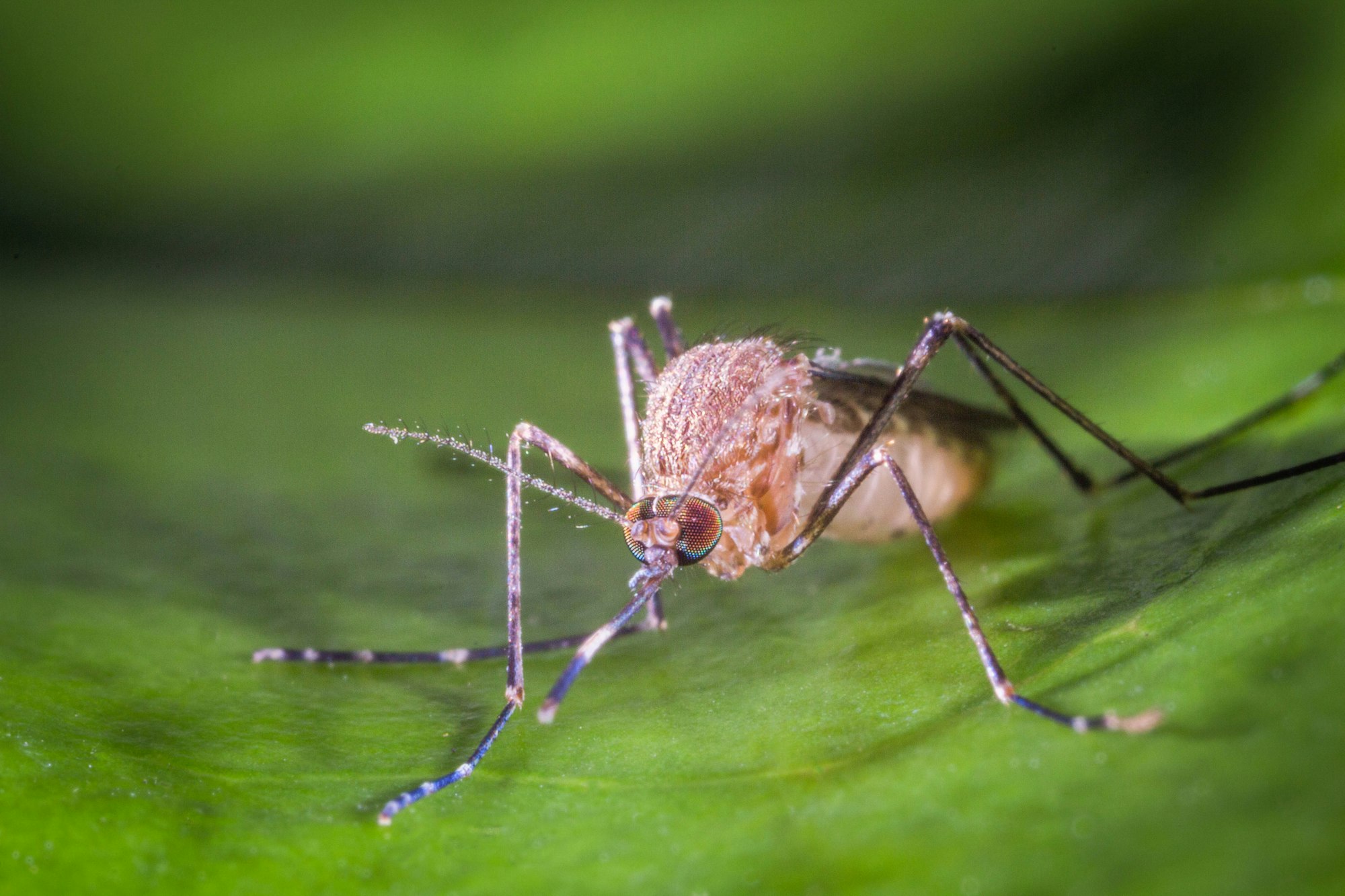West Nile Virus Positive Mosquitoes Confirmed in San Gabriel Valley

West Covina, Calif. (July 15, 2024) — The San Gabriel Valley Mosquito & Vector Control District (SGVMVCD/District) has confirmed the first detection of West Nile virus (WNV) activity in its service area. The virus was detected in a mosquito sample collected from a surveillance trap near Morgan Park in the city of Baldwin Park.
“West Nile virus can be transmitted by the native Culex mosquito species which is most active at dusk and dawn,” said Director of Scientific Programs Tristan Hallum. “There is no cure or human vaccine for West Nile virus. Therefore, the best method of protection is to prevent mosquito bites and reduce potential mosquito sources.”
Since West Nile virus is endemic to the San Gabriel Valley, it is typically detected by local public health agencies during Summer. The warm overnight temperatures contribute to mosquito populations and disease activity. The District will continue monitoring disease activity and controlling mosquitoes in public spaces through routine inspections and necessary treatments, but residents should take precautions to protect their health.
Mosquito control is a shared responsibility. The District urges residents to take an active role in reducing the threat of WNV in their communities by taking the following actions to stay healthy and bite-free:
- Tip out stagnant water around the home weekly;
- Toss unused containers that can hold stagnant water; and
- Protect against bites by using insect repellent containing any one of the following CDC-recommended ingredients: Picaridin, DEET, Oil of Lemon Eucalyptus (or PMD), or IR3535.
For more information, residents can contact the San Gabriel Valley Mosquito and Vector Control District at 626-814-9466, online at SGVmosquito.org, or on social media: Facebook, X, and Instagram.
###
About SGVMVCD
SGVMVCD is one of five vector control districts in Los Angeles County. Year-round, the agency monitors stagnant water sources, such as gutters, storm drains, channels and non-functional swimming pools. The agency also routinely monitors populations of adult mosquitoes using traps and tests groups of adult female mosquitoes for the presence of WNV and other mosquito-borne diseases. In addition, the agency submits samples from dead birds, such as crows, for testing, which can provide insight into the spread of WNV.
About West Nile Virus
According to the Los Angeles County Department of Public Health, West Nile virus (WNV) is spread by the bite of an infected mosquito. One in five individuals infected with the WNV, for which there is no cure, will exhibit symptoms that include fever, headache, body aches, nausea or skin rash. The symptoms can last for several days to months. One in 150 people infected with the virus will require hospitalization. Severe symptoms include high fever, muscle weakness, neck stiffness, coma, paralysis and possibly death. Those at greatest risk include seniors and individuals with compromised immune systems. People over 50 years of age and those with chronic health problems are at higher risk of severe illness. While not all mosquitoes carry this virus, the type of mosquito that spreads this virus is found throughout Los Angeles County.
MEDIA CONTACT
Anais Medina Diaz, Director of Communications
amedinadiaz@SGVmosquito.org | 626-814-9466

.jpg?ixlib=rb-1.1.0&or=0&w=720&h=720&fit=max&auto=format%2Ccompress&s=66a87188d9f9022e8b407ac884110af5)